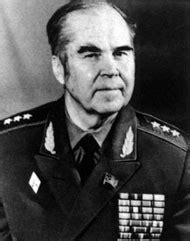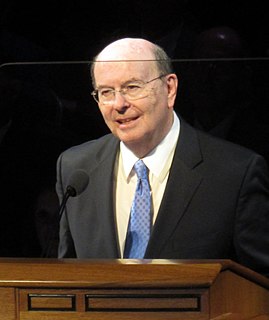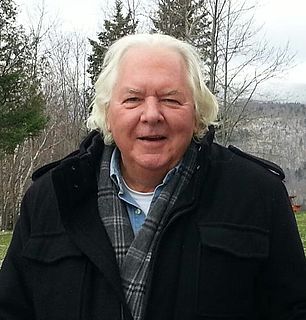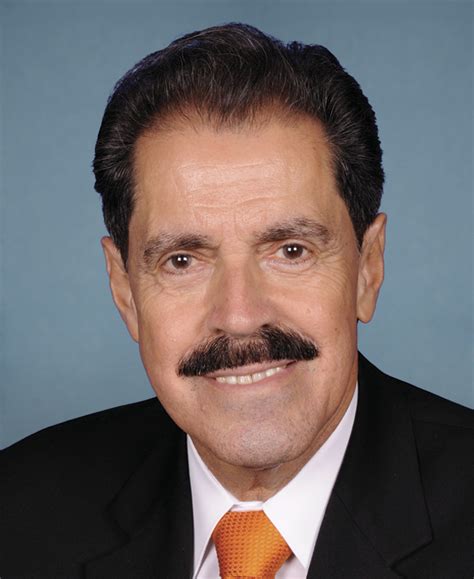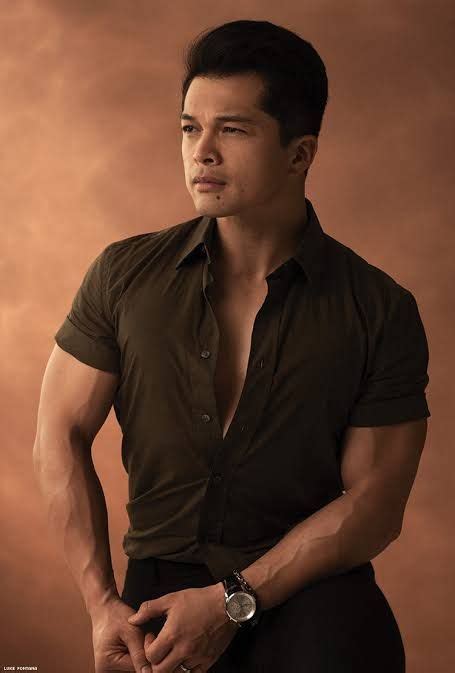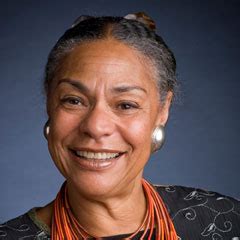A Quote by Dmitri Volkogonov
We rarely know who our ancestors were. Who can even remember the names of their great-grandparents? They have vanished into the dim and distant past
Related Quotes
Our doctrinal obligation is to our own ancestors. This is because the celestial organization of heaven is based on families. The First Presidency has encouraged members, especially youth and young single adults, to emphasize family history work and ordinances for their own family names or the names of ancestors of their ward and stake members. We need to be connected to both our roots and branches. The thought of being associated in the eternal realm is indeed glorious.
X is not my real name. But if you study history, you'll find why no Black man in the Western Hemisphere knows his real name. Some of his ancestors kidnapped our ancestors from Africa and took us into the Western Hemisphere and sold us there, and our names were stripped from us and so today we don't know who we really are. I am one of those who admit it, and so I just put X up there to keep from wearing his name.
Our ancestors are looking for us even if we're not looking for them. And by our ancestors I mean our bloodlines and the ancestors of the place where we live and our spiritual kin who go beyond our biological families. We could be walking around carrying an entire ancestral history of the wrong kind for us.
There's a kind of poetic aspect to inert gas. And remember, first of all, they were completely unknown a hundred years earlier. We just didn't know about them. And then when they were discovered in the atmosphere, the idea that this is a material that would breathe in and exhale and becomes part of us for a while made it even more intriguing. The names, the Greek names, are interesting, too - if you translate neon, xenon and so forth are kind of interesting.
I believe that our distant nomadic ancestors came forward and survived because they could hear distant, faint birdsong as an acoustic navigational beacon, if you will, and by moving toward the birdsong, they were able to find places with shelter, food, and water, and a prosperous growing region. Indeed, birdsong is the number one indicator of habitats prosperous to humans.
The presence of a grandparent confirms that parents were, indeed, little once, too, and that people who are little can grow to be big, can become parents, and one day even have grandchildren of their own. So often we think of grandparents as belonging to the past; but in this important way, grandparents, for young children, belong to the future.
I was raised in a dominantly Filipino family. I didn't know I was 'mixed' until I got older and started asking questions about my grandparents, the origins of our middle and last names. We were kind of textbook Pinoys. A lot of the Filipino stereotypes that were joked about by me and my friends rang very true with my family.
